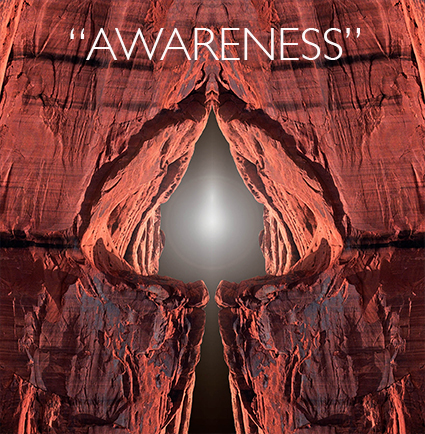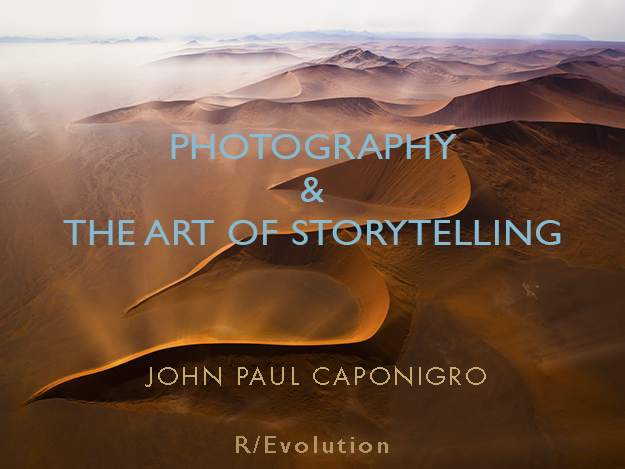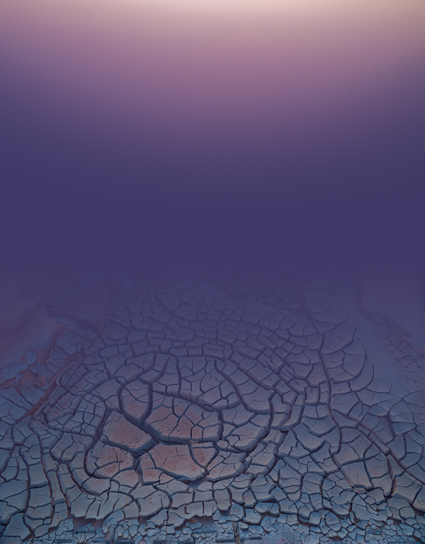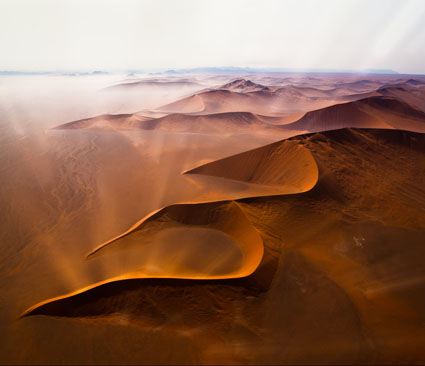
Here’s a selection of my favorite quotes on awareness.
“To be awake is to be alive.” – Henry David Thoreau
“The ultimate value of life depends upon awareness and the power of contemplation rather than upon mere survival.” – Aristotle
“To be conscious means not simply to be, but to be reported, known, to have awareness of one’s being added to that being.” – William James
“Although it is difficult to pinpoint the physical base or location of awareness, it is perhaps the most precious thing concealed within our brains. And it is something that the individual alone can feel and experience. Each of us cherishes it highly, yet it is private” – Dalai Lama
“I’ve worked all my life on the subject of awareness, whether it’s awareness of the body, awareness of the mind, awareness of your emotions, awareness of your relationships, or awareness of your environment. I think the key to transforming your life is to be aware of who you are.” – Deepak Chopra
“Every human has four endowments – self awareness, conscience, independent will and creative imagination. These give us the ultimate human freedom… The power to choose, to respond, to change.” – Stephen Covey
“The key to growth is the introduction of higher dimensions of consciousness into our awareness.” – Lao Tzu
“To become different from what we are, we must have some awareness of what we are.” – Eric Hoffer
“What is necessary to change a person is to change his awareness of himself.” – Abraham Maslow
“If we could first know where we are, and whither we are tending, we could better judge what to do, and how to do it.” Abraham Lincoln
“The first step toward change is awareness. The second step is acceptance.” – Nathaniel Branden
“The curious paradox is that when I accept myself just as I am, then I can change.” ― Carl R. Rogers
“Ultimately spiritual awareness unfolds when you’re flexible, when you’re spontaneous, when you’re detached, when you’re easy on yourself and easy on others.” – Deepak Chopra
“The greatest thing in the world is to know how to belong to oneself.” ― Michel de Montaigne
“Find out who you are and do it on purpose.” ― Dolly Parton
“Awareness is empowering.” – Rita Wilson
“Awareness requires a rupture with the world we take for granted; then old categories of experience are called into question and revised.” – Shoshana Zuboff
“Your visions will become clear only when you can look into your own heart. Who looks outside, dreams; who looks inside, awakes.” ― C.G. Jung
“Until you make the unconscious conscious, it will direct your life and you will call it fate.” ― C.G. Jung
“Each of us is an artist of our days; the greater our integrity and awareness, the more original and creative our time will become.” ― John O’Donohue
“I want art to make me think. In order to do that, it may piss me off, or make me uncomfortable. That promotes awareness and change, or at least some discussion.” – Pink
“The function of the artist in a disturbed society is to give awareness of the universe, to ask the right questions, and to elevate the mind.” – Marina Abramovic
“The only thing that can save the world is the reclaiming of the awareness of the world. That’s what poetry does.” – Allen Ginsberg
“A lot of actors on film sets… very often they’re not paying attention to the physical world around them. I think through studying art, I’ve always had that awareness and that’s something that I’ve wanted to bring in to go beyond acting… As a form of expression, they are intrinsically linked.” – Andy Serkis
“We’re highly social animals – I’m told by scientists that what makes us different from other animals is an acute social awareness, which is what has made us so successful.” – Alan Alda
“I think self-awareness is probably the most important thing towards being a champion.” – Billie Jean King
“We look at the dance to impart the sensation of living in an affirmation of life, to energize the spectator into keener awareness of the vigor, the mystery, the humor, the variety, and the wonder of life. This is the function of the American dance” – Martha Graham
“Photography is a small voice, at best, but sometimes one photograph, or a group of them, can lure our sense of awareness.” – W. Eugene Smith
“I think there are two aspects to smart environments. One is information embedded in places and things. The other is location awareness, so that devices we carry around know where we are. When you combine those two, you get a lot of possibilities.” – Howard Rheingold
“As our various electronic devices gain more and more sensory awareness, we open up the potential for entirely new forms of interaction. Not just new interfaces – tapping and shaking and whatnot – but a shift in presence.” – Jamais Cascio
“Awareness in our society has flipped all types of injustice on its head.” – Serj Tankian
“The greatest mistake of the movement has been trying to organize a sleeping people around specific goals. You have to wake the people up first, then you’ll get action.” ― Malcolm X
“These things will destroy the human race: politics without principle, progress without compassion, wealth without work, learning without silence, religion without fearlessness and worship without awareness.” – Anthony de Mello
“Awareness without action is worthless.” – Phil McGraw
Read more creativity quotes here.
Read more quotes daily on Twitter and Facebook.









